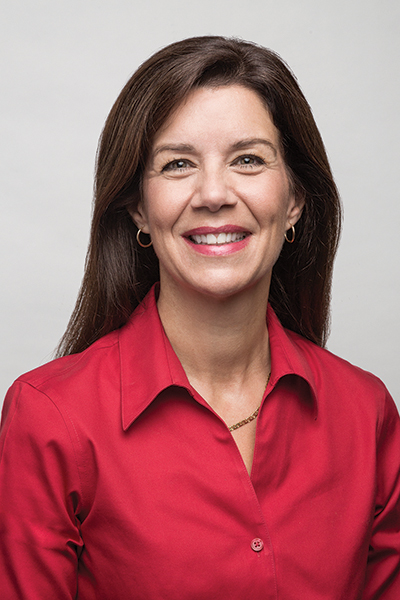NURSES are celebrating a BC Supreme Court decision on Thursday that upholds important sections of the BC Medicare Protection Act that ensure patients do not need to pay out-of-pocket for medically necessary health care.
The decision marks the close of a five-year long trial slowed by years of delays. The plaintiffs, led by Vancouver’s for-profit Cambie Surgery Centre, were aiming to have the laws that make up BC’s single-payer health insurance system – commonly known as medicare – struck down.
“We are pleased the court has found that access to health care based on patients’ needs, and not simply their ability to pay, is not a violation of Canadians’ charter rights,” said BC Nurses’ Union President Christine Sorensen.
Sorensen noted that BCNU-supported patient intervenors in the trial provided important testimony to support evidence showing that universal public health care is the safest, most efficient and most cost-effective way to provide care for all.
She said for-profit health care promoters failed to provide the evidence needed to show that private medical clinics improve the health of Canadians.
“We know that for-profit clinics do not reduce wait times, and far from being a ‘relief valve,’ they are a drain on the public health-care system,” she said. “The physicians, nurses and other health care professionals who work at these facilities can’t be in two places at once. The more they work in for-profit clinics, the longer the wait times in public facilities.”
Sorensen said this reality has been made worse by the province’s shortage of specialty-educated nurses, such as operating room nurses, that are desperately needed in public hospitals. “The more care that can be provided in the public system the better,” she added.
The trial was the latest chapter in a protracted legal battle over the constitutionality of medicare, and revolved around the practice of extra-billing, where a doctor or private clinic charges a publicly insured patient additional fees for medically necessary services.
Lawyers for Cambie requested several adjournments throughout the proceedings in an attempt to properly prepare evidence and respond to arguments from the BC government, the defendant in the trial.
Cambie owner, Dr. Brian Day, who has fully admitted to breaking the BC Medicare Protection Act, had been litigating for more than five years prior to the trial’s commencement in 2016 to prevent the province from enforcing the law in the interest of all British Columbians, the BCNU pointed out.
Sorensen said the corporate plaintiffs’ motivations were never really about surgical wait lists or patient suffering, but about doctors being allowed to charge patients whatever they want for necessary medical services. “These clinics might claim to act on behalf of patients, but their real motive is profit,” she said.
“Nurses care for all,” she added, “and we believe surgeries should be provided based on medical need not the size of your bank account.”
Sorensen said that nurses, as health-care professionals, have always been concerned about private medical clinics’ business practices. “They are a direct threat to medicare and the health and well-being of Canadians. BCNU has consistently advocated for equity in the provision of health care. In fact, it was BCNU that began ringing the bell in 2003 over for-profit clinics’ unchecked and illegal billing for publicly insured services,” she added.
During the trial, nurses welcomed the provincial government’s 2018 announcement that it would enforce Bill C-92 regulations in the BC Medicare Protection Act authorizing the BC Medical Services Commission to refund patients in cases of extra-billing and fine the doctors who billed them.
However, the plaintiffs successfully sought an injunction against enforcement of the legislation pending the outcome of the trial.
“We now expect to see full enforcement of the regulations,” said Sorensen. “It is no longer ‘business as usual’ at for-profit surgical clinics in this province, and Dr. Day and others should no longer be allowed to flout our public health-care laws and take advantage of vulnerable patients.”












